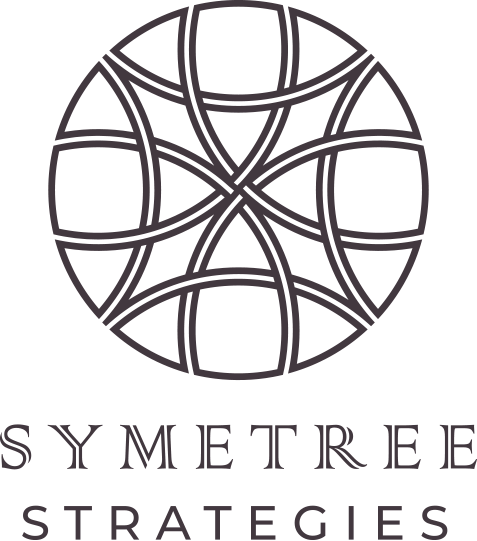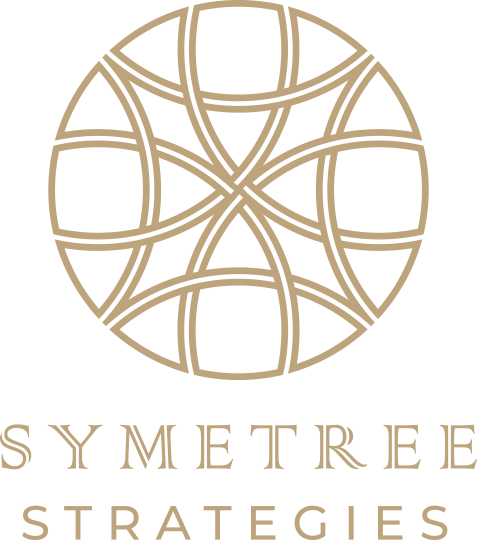Most research suggests that one should never check email in the morning but let’s face it everyone does or suffers increased anxiety if they don’t. So here are some email rules that will help you increase your productivity.
1. Check your email in the morning but no longer than 5 minutes.
2. Schedule email checking and response times every 2 hours.
3. Answer easy emails right away.
4. DELETE unimportant emails.
5. Unsubscribe.
6. Create prioritized online file folder systems.
7. Create a folder for CCs.
8. Try to empty your email daily.
9. Find a place for every email you get. Create less email for others and try to never send work emails on the weekend.
5-Minute Rule: Check Your Email in the Morning
At my Time Management Workshops I’ve heard feedback from the attendees about what they do first thing in the morning. They tell me that as soon as their alarm goes off in the morning they check their email, even with blurred vision and without the benefit of coffee.
To start a more productive day and be able to focus your energy on what needs to be accomplished, establish a daily routine of checking your email first thing in the morning for about 5 minutes. Glance through each email, but don’t spend more than a few seconds on each one. Address emails that can be answered with short replies, delete junk, move emails into a cc or project folder, and try to keep your inbox as close to zero as possible. For emails that require more focused attention, send a response email that lets the recipient know that you received the email and when they can expect a reply from you.
TIP: copy and paste the same reply, it will save you type time. Here’s an example:
I received your email and will be in meetings most of the morning. I will be able to give you the information before close of business today. If that is a problem please call me on my cell phone, thank you.
Once you have established what emails you need to dedicate more time to, prioritize them in order of importance and add them to your schedule that day. I coach my clients in this technique and they have had tremendous success because once you free yourself from email, you have more time to think strategically.
Want to stress yourself out? Stop checking your emails at night. I have spoken to many of my clients about being up until 4 AM because they felt obligated to check their email before they went to bed at night.
Checking emails at night can have a negative impact on your work/life balance. Many stress management studies have shown that operating on less than eight hours of sleep per night results in decreased productivity and could contribute negatively to your health and energy.
Quick Tips for Responding to Emails.
Are your emails cryptic? A recent article in the Wall Street Journal about email responses from managers suggests that due to the fast pace that we work and the number of emails received daily (approximately 182), that managers are more likely to reply with short, quick replies. The primary reason outside of the sheer mass of emails that we have to sift through is the fact that most of us are checking our email on our phones in between meetings or flights. What’s most interesting about the article is the level of stress a cryptic response can have on an employee. In my coaching practice, I have worked with engineering analysts who were completely stressed out by their managers reply to an email that he thought required more than a one word answer.
The blame is not just on management but also to the person writing the email.
Now let’s talk about writing powerful emails: according to email provider ExactTarget, people only take 2.7 seconds to decide if they will read, forward or delete a message. Here is what we know… we know that long emails are not always read all the way through and unless you have a compelling subject line and don’t utilize a cc chain they may not be opened either.
So here are a few tips to improve your email communication:
1. Make sure the subject line is less than 50 characters and that there is some kind of call to action or valid reason to be sending the email.
2. Make it short – if you can put it in bullet form, it makes it easier to read especially when on a hand held device.
Effective email communication can help you be more productive by getting the responses you need when you need them. They will also be appreciated by your management as it will help them manage their time better as well by not having to read chapters of email every day.

